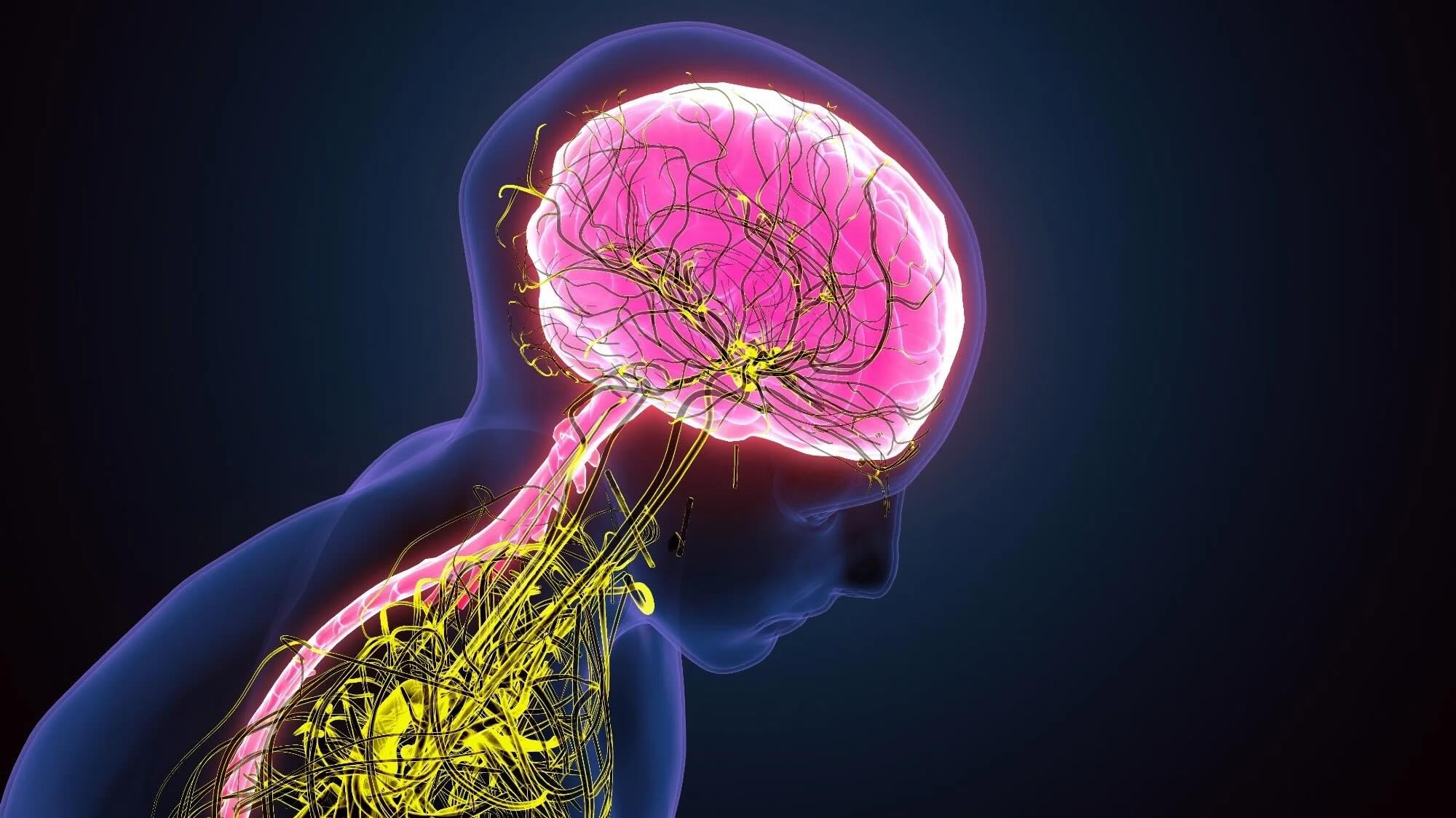
Ever wondered what makes your heart race during a scary movie or why your palms sweat before a big test? The sympathetic nervous system is the culprit behind these reactions. This part of your autonomic nervous system kicks in during stressful situations, preparing your body for "fight or flight." It controls functions like increasing heart rate, dilating pupils, and releasing adrenaline. Understanding this system can help you manage stress better and appreciate how your body responds to different stimuli. Ready to learn more? Here are 25 fascinating facts about the sympathetic nervous system that will leave you amazed!
What is the Sympathetic Nervous System?
The sympathetic nervous system (SNS) is a crucial part of the body's autonomic nervous system. It helps regulate many involuntary functions, preparing the body for stressful or emergency situations. Here are some fascinating facts about this essential system.
- The SNS is part of the autonomic nervous system, which also includes the parasympathetic nervous system.
- It is responsible for the "fight or flight" response, which prepares the body to either confront or flee from a threat.
- The SNS increases heart rate, allowing more blood to be pumped to muscles and vital organs.
- It dilates pupils, improving vision in low-light conditions.
- The SNS inhibits digestion, redirecting energy to more critical functions during stress.
- It stimulates the release of glucose from the liver, providing a quick energy boost.
- The SNS causes the adrenal glands to release adrenaline and noradrenaline, hormones that enhance alertness and physical performance.
How Does the Sympathetic Nervous System Work?
Understanding how the SNS operates can shed light on its vital role in our daily lives. It involves a complex network of neurons and neurotransmitters.
- The SNS uses neurotransmitters like norepinephrine to transmit signals between nerve cells.
- It activates through a chain of neurons starting in the spinal cord and extending to various organs.
- The SNS can cause blood vessels to constrict, increasing blood pressure.
- It also relaxes the airways, making breathing easier during stressful situations.
- The SNS can stimulate sweating, which helps cool the body during intense physical activity.
- It reduces saliva production, which is why your mouth may feel dry when you're nervous.
- The SNS can cause piloerection, or "goosebumps," which is a remnant of our evolutionary past.
Effects of the Sympathetic Nervous System on the Body
The SNS has widespread effects on various bodily functions, ensuring we can respond effectively to different situations.
- It enhances mental alertness, making it easier to focus and react quickly.
- The SNS can suppress the immune system temporarily, conserving energy for immediate survival.
- It affects the urinary system by relaxing the bladder and contracting the sphincter, reducing the urge to urinate.
- The SNS can influence sexual function, often reducing sexual arousal during stress.
- It helps regulate body temperature by controlling blood flow to the skin.
- The SNS can cause the liver to produce more glucose, ensuring a steady energy supply.
Interesting Facts About the Sympathetic Nervous System
Here are some lesser-known, intriguing facts about the SNS that highlight its complexity and importance.
- The SNS can be activated by both physical and emotional stressors.
- Chronic activation of the SNS can lead to health issues like hypertension and heart disease.
- The SNS works in tandem with the parasympathetic nervous system to maintain homeostasis, or balance, in the body.
- Some people have a more reactive SNS, making them more prone to stress and anxiety.
- Techniques like deep breathing and meditation can help calm the SNS, promoting relaxation and reducing stress.
The Sympathetic Nervous System: A Quick Recap
The sympathetic nervous system is a powerhouse in our bodies. It kicks in during stressful situations, prepping us for a "fight or flight" response. This system speeds up the heart rate, dilates pupils, and even slows digestion. It’s like having an internal alarm system ready to protect us at a moment's notice.
Understanding this system helps us appreciate how our bodies handle stress. It’s fascinating how something we rarely think about works so hard behind the scenes. From boosting adrenaline to managing blood flow, the sympathetic nervous system is crucial for survival.
Next time you feel your heart racing or palms sweating, remember it's just your body’s way of keeping you safe. Knowing these facts can help you stay calm and maybe even marvel at the incredible machinery inside you.
Was this page helpful?
Our commitment to delivering trustworthy and engaging content is at the heart of what we do. Each fact on our site is contributed by real users like you, bringing a wealth of diverse insights and information. To ensure the highest standards of accuracy and reliability, our dedicated editors meticulously review each submission. This process guarantees that the facts we share are not only fascinating but also credible. Trust in our commitment to quality and authenticity as you explore and learn with us.
